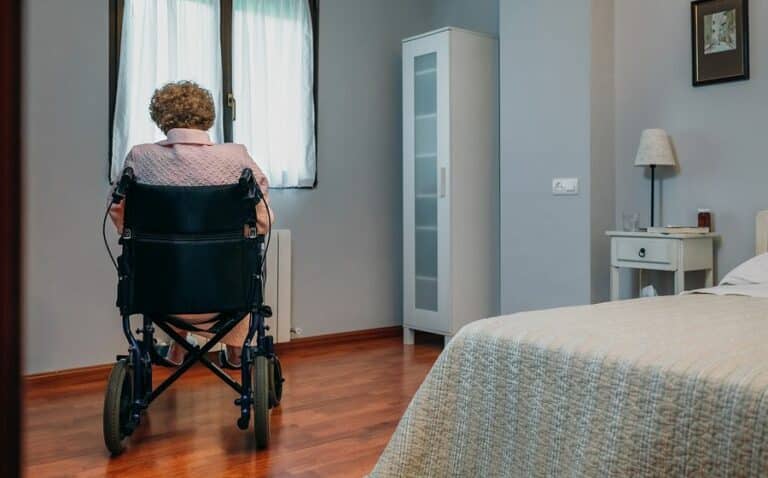Science is helping people find new ways to assess their risk of dementia and other geriatric conditions on a daily basis. Science is also suggesting ways to prevent those conditions on a daily basis.
If you are the son or daughter of someone over 65, you may worry about your senior’s risk of getting Alzheimer disease or another dementia. And your worry is logical. As of this writing, fifty million people across the world have dementia. A new case of dementia is diagnosed every 3.2 seconds. Sixty percent of dementia patients live in low-income and middle-income countries, with the highest incidence in China. But dementia is also a serious problem in the United States.

Research shows that dementia attacks people over 65 for the most part, but it also occurs in people who are younger. While a small percentage of dementia is inherited and therefore inevitable, studies show that dementia may be avoidable for many other people. And those who have a diagnosis can slow and even temporarily reverse the progress of the disease.
Exposure to noise pollution can put seniors at greater risk
A long-term study of residents of south side Chicago concluded that those who lived with higher rates of noise for ten years had a thirty-six percent higher risk of developing dementia. Those same subjects had a thirty percent higher chance of developing Alzheimer disease, which is a specific form of dementia.
This research is in its infancy and more studies will need to confirm results. However, there are some immediate implications for caregivers of seniors. If your senior has other risk factors for dementia such as trauma, depression, or mild cognitive impairment, you may want to consider how much noise your senior is currently exposed to. Elderly care workers, too, will want to be aware of ambient noise and how it interacts with other aging issues.
What you can do
If your community has a noise ordinance and you think your senior is hearing too much noise, you can request the police measure the noise and make a report. Police use sound level meters that give the number of noise decibels in the immediate neighborhood. If this meter shows that the noise level is in violation of the noise ordinance, the police can require neighbors to be quieter. You may even be able to get a stop sign near your senior’s house to tone down loud traffic noises.
If your senior is exposed to excessive noise, you may be able to adjust her living space so that she spends most of her time in the quieter parts of the house. You can also soundproof one or more walls. Windows, too, can be replaced with higher-tech windows that block ninety percent of the sound. If that is cost prohibitive, windows can be soundproofed by caulking gaps and putting up noise blocking curtains.
In brief, everyone who cares for a parent or other relative over 65 should consider noise pollution as a factor in ongoing wellness. While you may not be able to move your loved one to a quieter place, there are many other steps you can take to reduce noise, even in busy urban neighborhoods. Elderly care workers can help you identify constant noises that are disruptive and suggest ways to soundproof your senior’s home.
Sources:
- https://www.sciencedaily.com/releases/2020/10/201021085106.htm
- https://www.alzint.org/about/dementia-facts-figures/dementia-statistics/
- https://www.bobvila.com/articles/soundproofing-windows/
If you or an aging loved one are considering Elderly Care Services in Needham MA, or anywhere in Eastern Massachusetts, please call the caring staff at CARE Resolutions – (508) 906-5572.
- Tips for Seniors Who Want to Try Social Media - April 7, 2025
- How Can Seniors Transition Home from the Hospital Smoothly? - March 19, 2025
- Can Seniors Get Fit and Stay Active with Chronic Health Issues? - March 6, 2025



